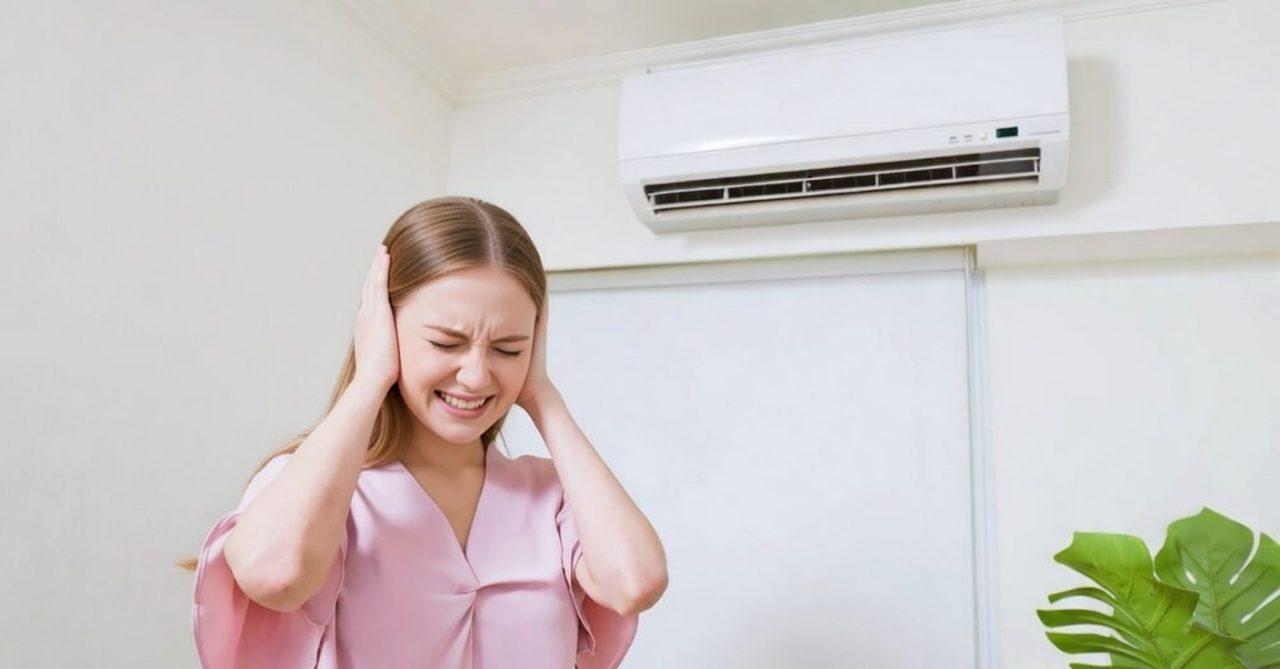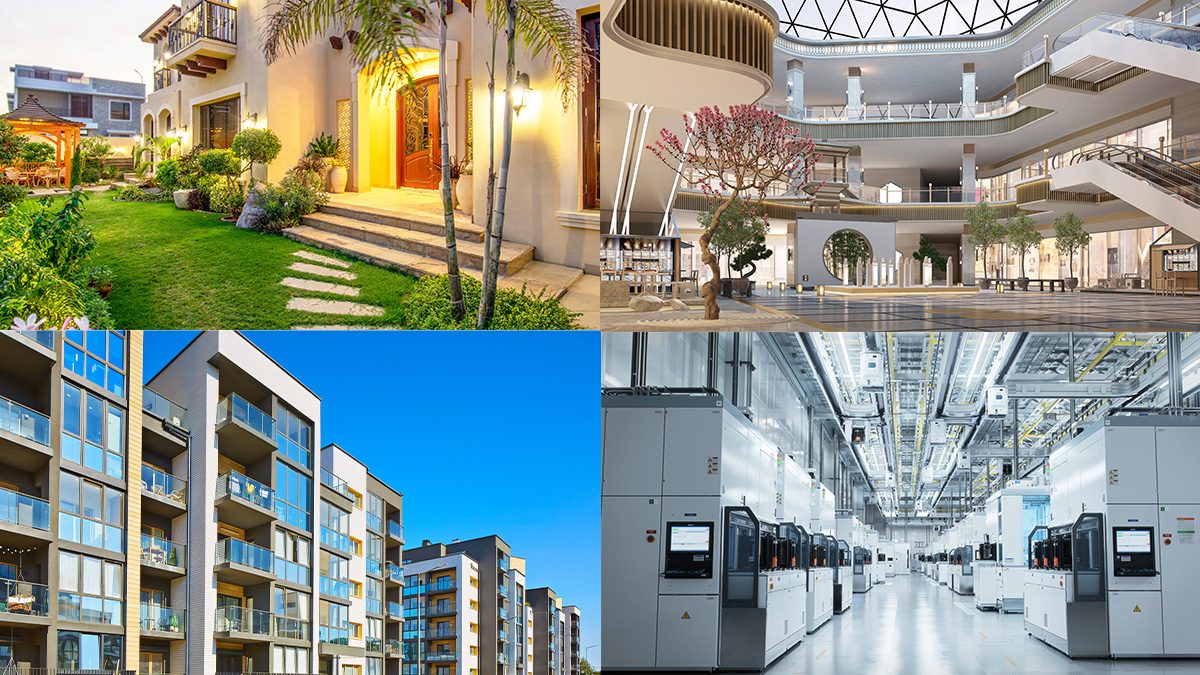
If you’re looking to reduce energy consumption and help reduce the impact on the environment then an eco-friendly HVAC system can give you that while also delivering the comfort you expect. Plus, you can save money over time.
Introduction
If you’re looking for an HVAC system that offers heating, cooling, and ventilation while also being sustainable then an eco-friendly option is the way to go. These kinds of systems offer much greater energy efficiency as well as lower emissions. Plus, your indoor air is healthier. It also helps on costs. You can find some considerable savings, with eco-friendly HVAC units having the potential to reduce household energy use by 50%.
These systems also play an important role in the battle against climate change. They use low GWP (global warming potential) refrigerants as well as smart technologies which learn how you use your system and adapt accordingly, making sure they’re only in use when they’re actually needed. They come in many forms including heat pumps, geothermal loops, and solar-powered systems – but the thing they all have in common is that they align well with environmental responsibility.
In the UAE in particular, where there is a strong push towards sustainability from the government level all the way down, they can be indispensable. So let’s learn a bit more about them, understand their benefits, the different types you can choose from, and how to make the right selection for you.
Benefits of eco-friendly HVAC systems
The 5 benefits of eco-friendly HVAC systems are: lower energy bills, reduced carbon footprint, improved indoor air quality, longer system lifespan, and regulatory incentives. Let’s look at these now in more detail:
Bills: Thanks to the advanced compressors, variable-speed fans, and smart controls, these systems can cut your bills by up to 50%. That is a significant saving.
Carbon Footprint: Because they use far less electricity and also refrigerants that have a low GWP, these systems have the potential to lower your household’s CO₂ emissions by up to three metric tons each year.
Air Quality: These systems can come with a variety of additional features including high-efficiency filters, UV-light purifiers, and humidity sensors. These can help reduce allergens, mold, and airborne pathogens. Great if there are people in your home or office who suffer from allergies.
Lifespan: The good news is that eco-friendly systems can be quite durable over time. So you’re looking at an additional 2–5 years over a standard HVAC unit’s lifespan.
Regulations: Many governments and utilities offer rebates, tax credits, and other incentives for certified eco-friendly HVAC systems.
Types of eco-friendly HVAC technologies
Common types of eco-friendly HVAC technologies include: heat pumps, solar-assisted HVAC, geothermal, VRF/VRV, and smart HVAC systems.
Heat Pumps: Instead of generating heat, a heat pump transfers it. So you can achieve up to 300% efficiency which is considerable compared to 95% for gas furnaces. They provide both heating and cooling, so they’re good for all year round.
Solar-Assisted HVAC: These systems use roof-mounted solar thermal panels or photovoltaic arrays to power HVAC units or pre-heat refrigerant. This is perfect for homes in sunny regions like the UAE, with solar-assisted HVAC potentially offsetting 30 – 60% of total energy usage.
Geothermal (Ground-Source) HVAC: Geothermal systems circulate fluid through underground loops where temperatures remain stable. This significantly increases efficiency.
VRF/VRV Systems: Variable Refrigerant Flow (VRF) or Variable Refrigerant Volume (VRV) technology adjusts refrigerant flow to match precise heating or cooling demands. Ideal for commercial spaces, VRF delivers zone-by-zone temperature control.
Smart HVAC Systems: These systems integrate sensors, machine learning, and automation to optimize temperature based on a number of factors including occupancy, outdoor conditions, and patterns of usage.
Choosing the right system for your space
To choose the right eco-friendly HVAC system, consider building type, climate, budget, utility incentives, and comfort priorities.
Building Size & Layout: It can vary a lot depending on size and layout. For example, single-family homes may use heat pumps or geothermal systems, but multi-suite offices might need /VRV installations.
Climate Conditions: If you’re in a cold climate then advanced cold-climate heat pumps or geothermal may be the best option, but sunny regions can benefit from solar-assisted systems.
Budget: Make sure to weigh upfront costs, particularly installation costs, but then compare that against long-term savings as well as possible government rebates.
Future-Readiness: Make sure your system is ready not just for today but for tomorrow. Smart HVAC systems add a level of adaptability so you have the potential for future energy savings through greater automation and scalability.
Ready to choose an eco-friendly HVAC system? Contact Daikin for a tailored consultation.
FAQs about eco-friendly HVAC systems
Are eco-friendly HVAC systems more expensive upfront?
Yes, they are generally 10–30% more expensive both in terms of purchase price and installation cost when compared to standard systems. But you also have to factor in energy savings over time, rebates, as well as the longer lifespan. Consider how this has the potential to offset the initial investment within 3 – 5 years.
How much energy can I save with a green HVAC system?
On average, you can expect a reduction in HVAC energy usage by 20–40%. This will depend on the type of system, the insulation in your space as well as the local climate.
What refrigerants are considered environmentally friendly?
Low-GWP refrigerants have much lower global warming impact compared to older HFCs.
Do eco-friendly systems require special maintenance?
Maintenance is similar to traditional systems. This would include regular filter replacement, coil cleaning, and annual inspections. Where there are significant savings are on smart systems where the systems can run self-diagnostics and are capable of remote monitoring. This helps identify issues before they escalate.
What eco-friendly HVAC systems can do for you
Eco-friendly HVAC systems can deliver energy savings and environmental protection – along with better air quality – making them a smart choice for homeowners and businesses. With technologies like heat pumps, solar-assisted systems, and geothermal units, there’s an eco-friendly solution to fit every space. At Daikin, we combine tailored expertise, high-performance products, and unmatched service to help you go green with confidence.
About Daikin
Daikin is a global leader in HVAC innovation, known for efficiency and reliability.
Established in 1924, Daikin has pioneered HVAC with over 30,000 global employees and operations in 150 countries. Daikin systems are top-rated, and our flagship technologies including inverter heat pumps, VRV/VRF systems, and R-32 refrigerant units demonstrate our commitment to eco-efficiency, indoor comfort, and responsible refrigerant use.



